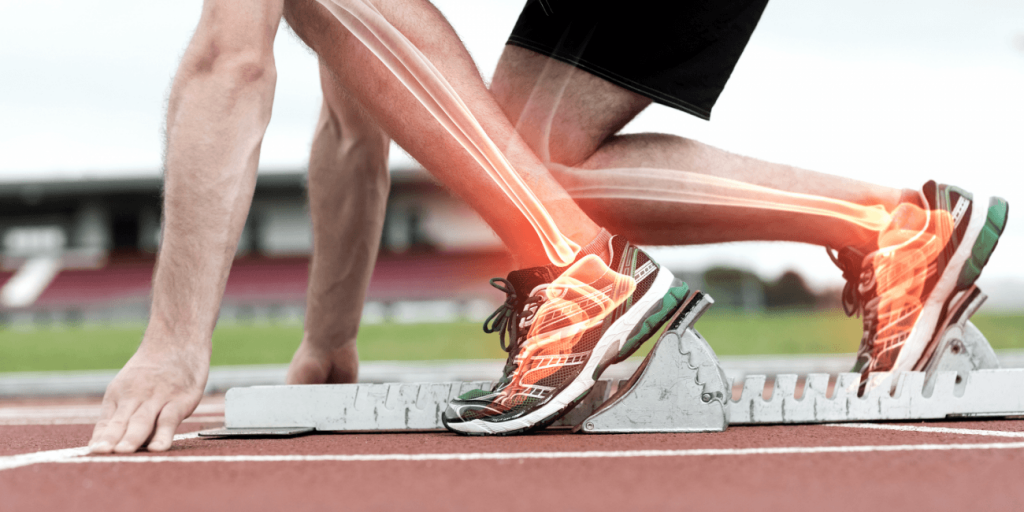Osteopenia or osteoporosis is a condition of thinning of bones. Bone density once lost cannot be regained so it is important to prevent thinning of bones right from the beginning. Post-menopausal womenare at high risk of low BMD. Following tips will help maintain bone health.
Tip No 1: Calcium and Vitamin D:
Calcium makes bones strong. Calcium has a vital role in human body. It can de mineralise bone to maintain blood calcium levels so pay attention to your calcium intake.Include calcium rich foods like low fat dairy products like milk, cottage cheese, curd, dark green leafy veggies like spinach, radish greens, turnipgreens, broccoli in your daily diet.
Vitamin D helps absorb calcium. Check your blood vitamin D level regularly so that ingested calcium can be absorbed properly. Sun light, egg yolk, salt water fishlike Tuna, fortified dairy products are the sources of vitamin D.
You can take Calcium and Vitamin D supplements under guidance if requirements are not fulfilled through diet.
Tip No 2: Exercise:
Exercise in association with sufficient calcium and vitamin D is proved to be beneficial in building strong bones. Consult your doctor and get involve in exercises whichever is suitable for you. Combination of Weight bearing exercises (e.g. walking,jogging, skipping, dancing etc), Resistance exercises (exercising with weights)and Yoga is usually advised. Focus should be on regular and vigorous exercises.
TipNo 3: Quit Smoking:
Smoking lowers Bone Mineral Density hence it is better to quit smoking once you are diagnosed with low bone mineral density.
Alcohol, sugar and salt increases urinary losses of minerals including calcium. Caffeine consumption too increases urinary losses of calcium. Phosphorus content is high in soft drinks which leads to calcium loss if consumed in excess. Thus, it is better to limit these items in your diet.

